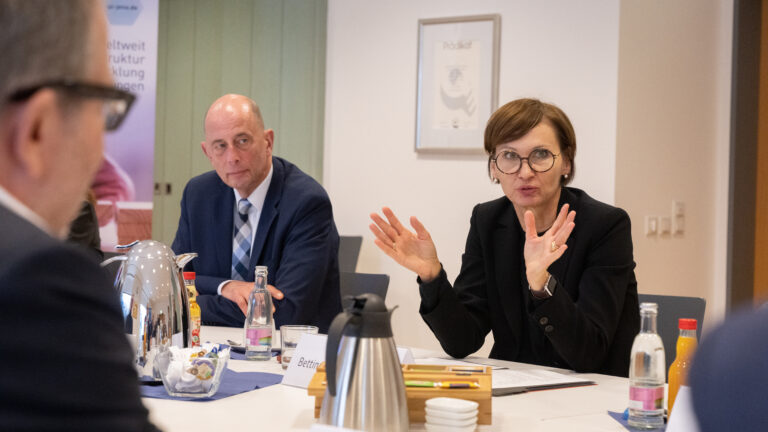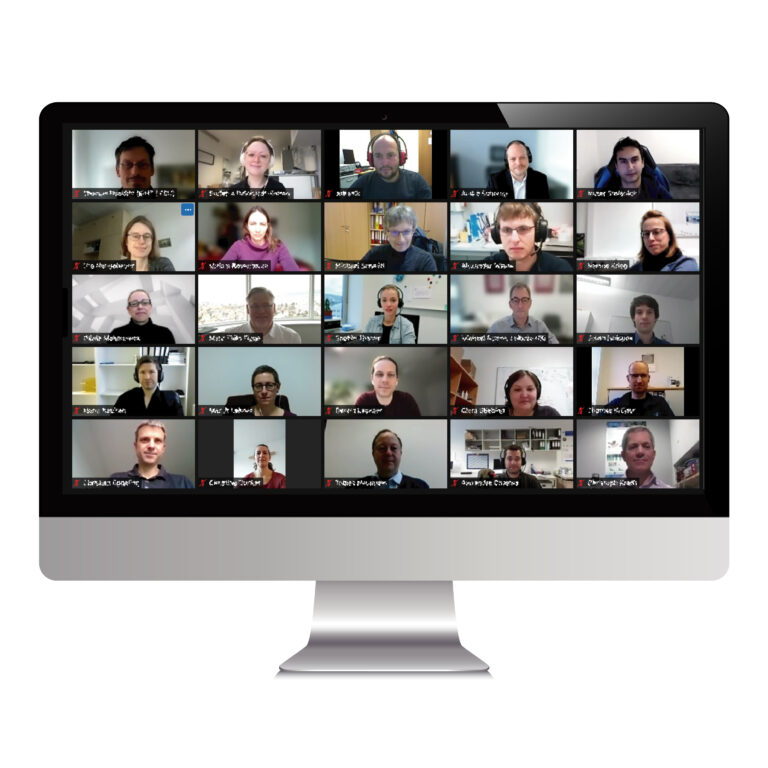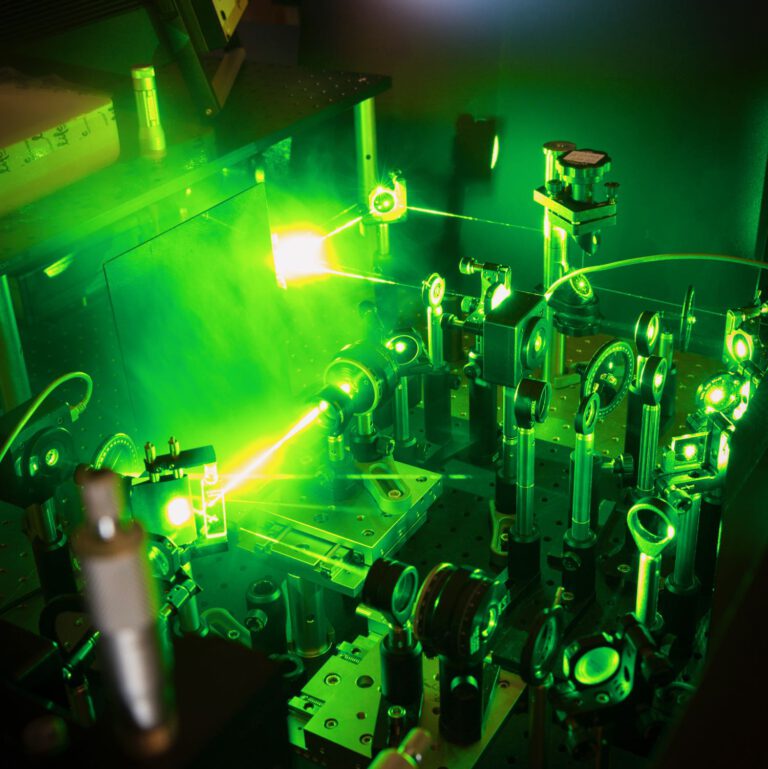
Photonics for Infection Research: Federal Minister of Research and Thuringian Minister of Economics visit LPI
Light-based technologies offer enormous potential in the fight against infectious diseases. Their research as well as the development of effective […]







